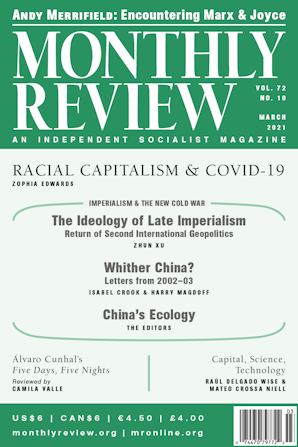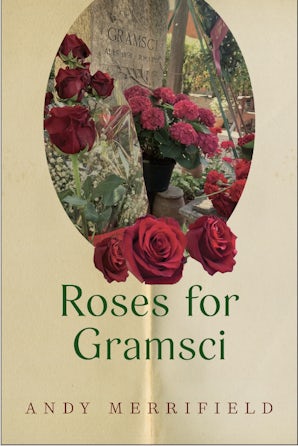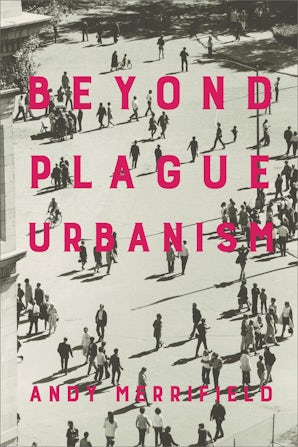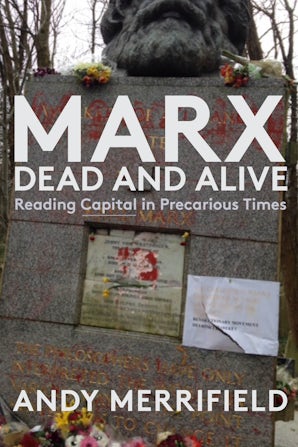Also in this issue
Books by Andy Merrifield
Roses for Gramsci
by Andy Merrifield
Beyond Plague Urbanism
by Andy Merrifield
Marx, Dead and Alive
by Andy Merrifield
Dialectical Urbanism
by Andy Merrifield





